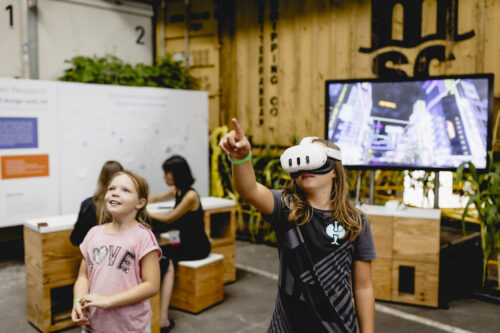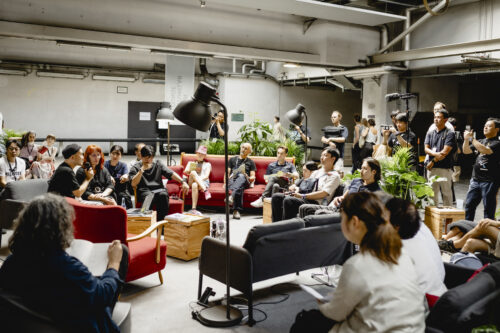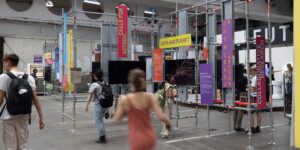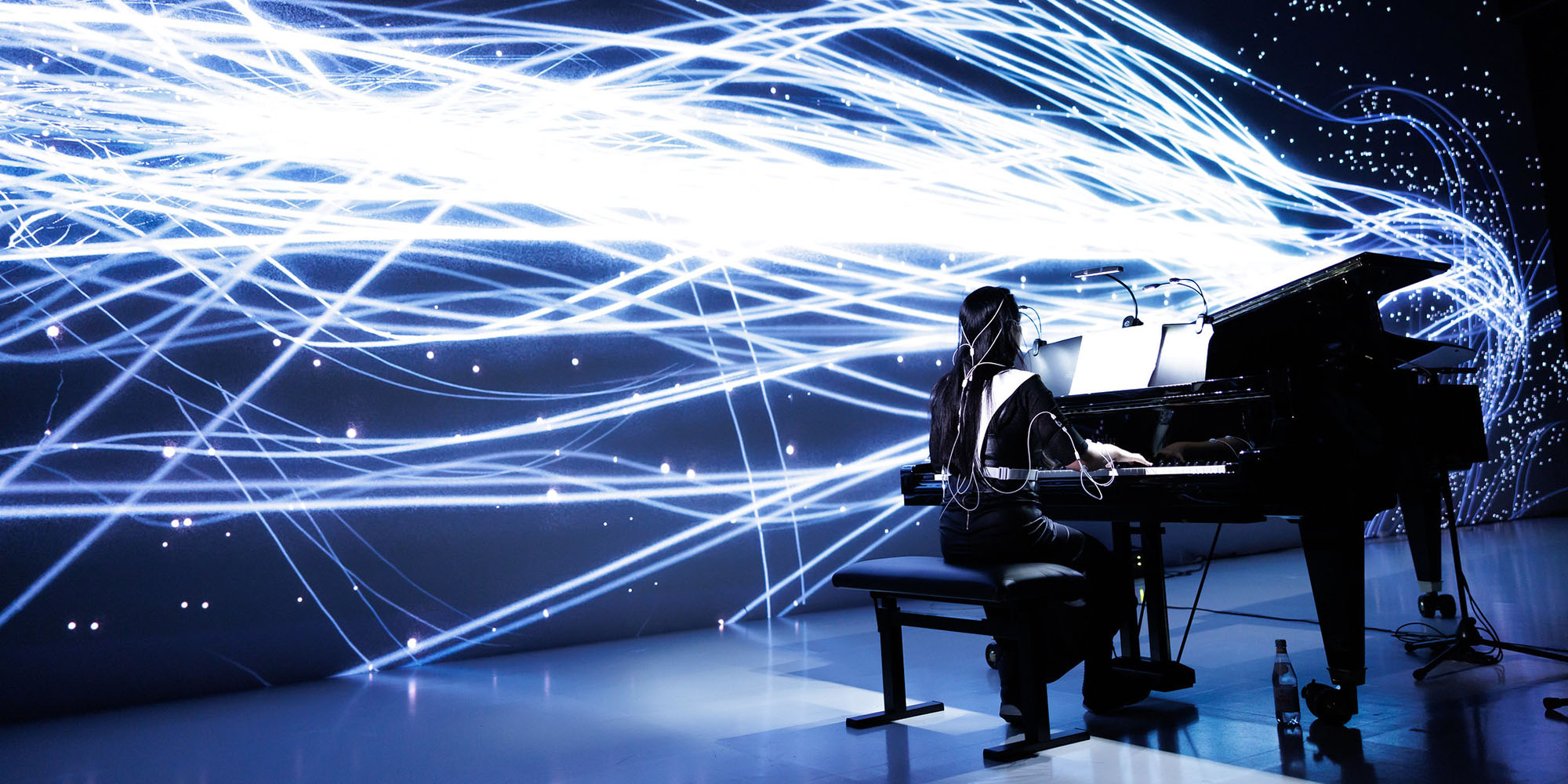Simon Schmid
-
![Oribotics [n-Dimensional]](https://ars.electronica.art/futurelab/files/2025/06/oribotic-n-dimensional-spiral-blue-2025matthew-gardiner-500x250.png)
Oribotics [n-Dimensional]
Can Origami Fold Into More Dimensions?
This project investigates the intersection of origami theory and robotics through computationally generated, multi-dimensional structures, culminating in a series of artworks that explore the geometric, aesthetic, and conceptual potential of rigid origami.
-
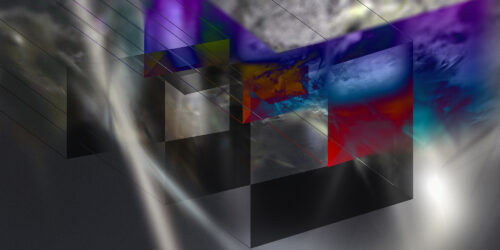
Inference Ground Truth
Human Experience and Machinic Reality
Inference Ground Truth explores how machines and humans perceive and record reality. Modern philosophy tells us that true objectivity is impossible. Today’s culture and media often compare personal impressions of shared moments. But even what we seem to agree on is filtered through human perception. This project is a reminder of that deep subjectivity.
-
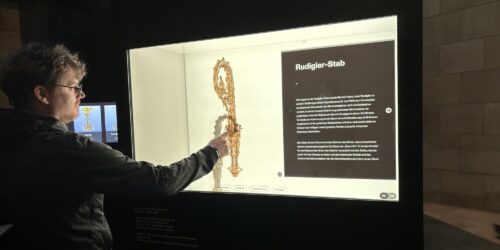
Mariendom digital
Zooming In on Cultural Heritage
The New Cathedral (Mariendom) in Linz celebrated its centenary in 2024 with a large-scale digitization project and a new visitor center including a multimedia exhibition. Here, digitally enhanced showcases for sacred objects and gigapixel images of the cathedral windows await visitors, who can even populate the cathedral digitally with their portraits.
-
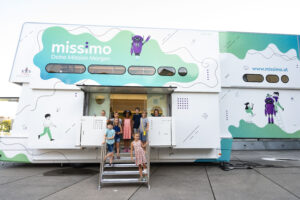
missimo
Mobile STEAM Learning for Kids
missimo is a project for children aged eight to ten that offers many experiments on topics such as AI, robotics, and programming. The special appeal: missimo visits primary schools in Austria’s rural areas by truck.
-
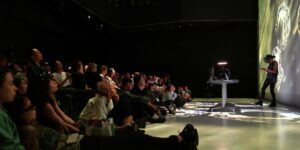
Futurelab Night Performances 2023
Futures Report @ Ars Electronica Festival
Just as in previous years, the Futurelab Night Performances were one of the highlights of the Ars Electronica Festival 2023. This “Artistic Futures Report”, delivered live on Saturday evening in the Deep Space 8K, was a great opportunity to experience the Futurelab’s multifaceted work in concentrated form and up close.
-

Oribotic Instruments
Folding Sound with Origami Robotics
Our question for this work, What happens to our experience of space when we fold sound? is situated in our research into fundamental artistic methods for origami and robotics, following our central theme of Fold Sensing.
-

Future Teams
Communicative Robots for the Workplace
The Future Teams project aims to develop innovative technologies, spaces, and services that enhance team creativity and foster mutual care in the workplace. Prototypes include three buddy robots with communication skills aimed at enriching future teamwork.
